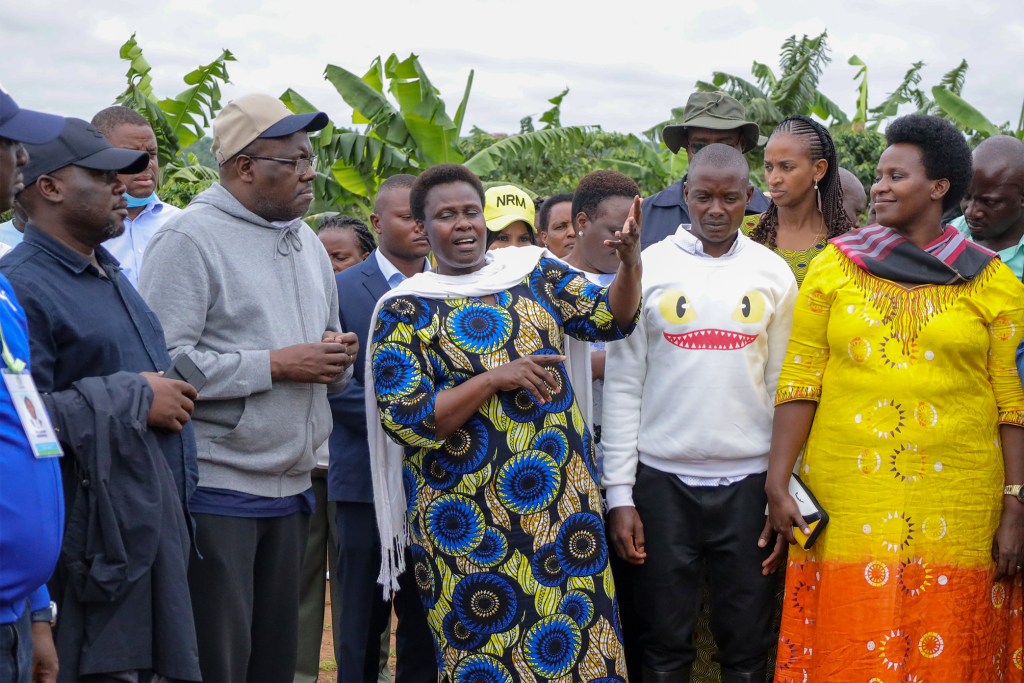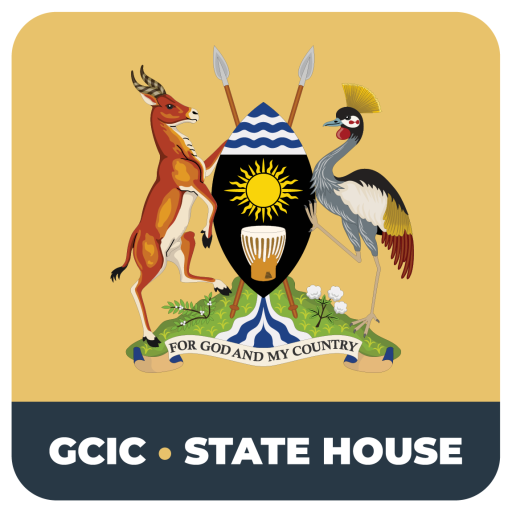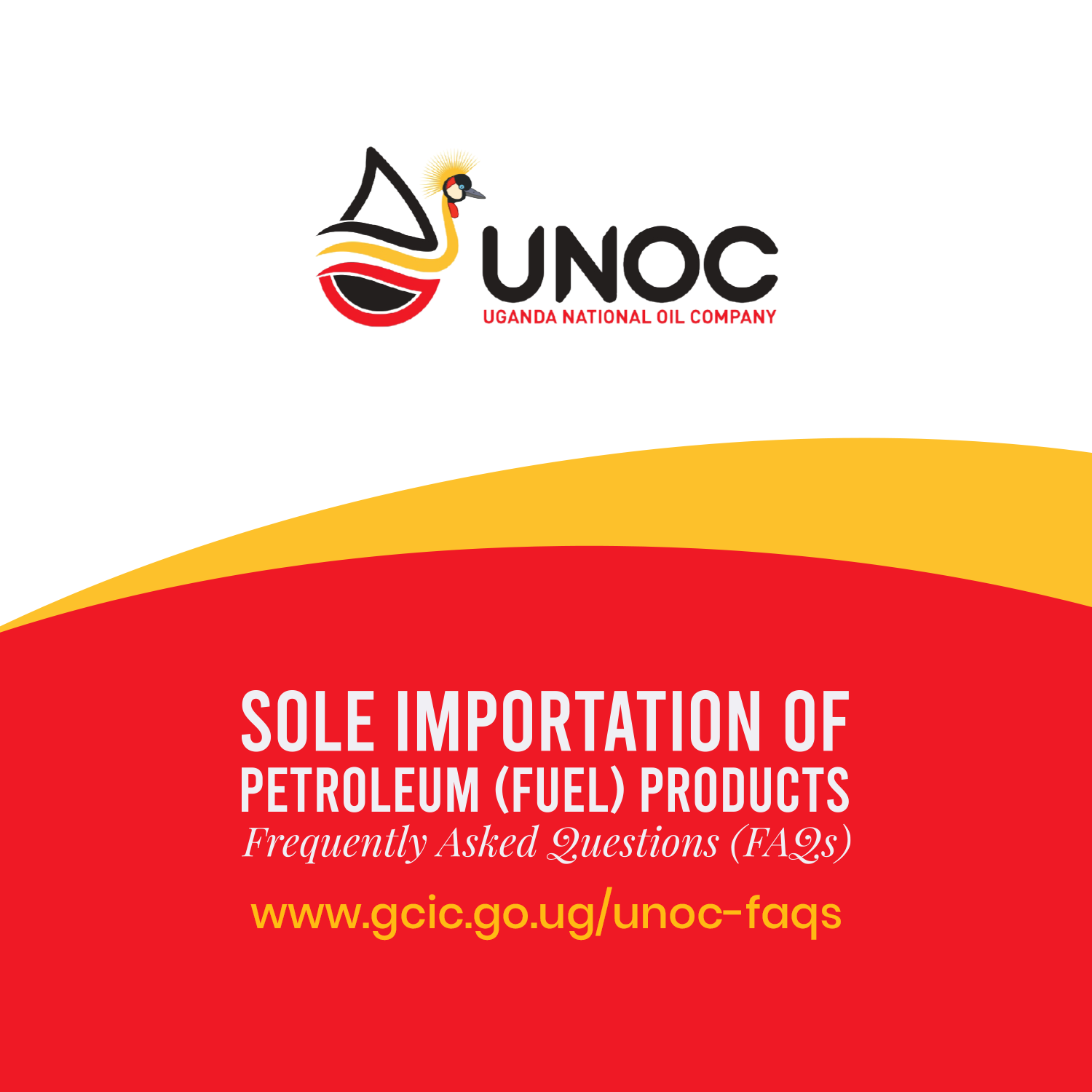Today, the National Resistance Movement (NRM) caucus gathered at President Yoweri Kaguta Museveni’s Kisozi farm in Gomba District. At the invitation of the President, the gathering aimed to discuss pressing national matters while observing firsthand the progress achieved through agricultural projects under the President’s guidance.
Leading the field visit was Vice President Jessica Alupo, accompanied by members of the NRM’s top organ, various ministers, and a delegation led by the Speaker of the East African Legislative Assembly (EALA), Rt Hon Joseph Ntakirutimana.

The Vice President and a group of parliamentarians toured several farms in the region to gain insights into the agricultural advancements inspired by the President’s initiative to enhance commercial farming across the country.
EALA Speaker Rt Hon Ntakirutimana acknowledged the importance of the visit as part of EALA’s oversight role, saying, “We are here to learn from the President’s farm practices and witness the impact of his leadership on the livelihoods of local farmers.”
During the visit, President Museveni delivered a speech emphasising the importance of harnessing Uganda’s abundant natural resources to improve livelihoods through modern practices. He outlined the government’s vision of “Education for All” and “Prosperity for All” as twin pillars for development, aiming to educate every child and promote wealth creation.
The President highlighted four economic sectors where Ugandans can transition from traditional practices: commercial agriculture, industry, services, and ICT. He explained that joining the “money economy” is essential, as many Ugandans have been engaging in subsistence farming, “working for eating, not working for selling.” He urged citizens to focus on commercial agriculture, ensuring food security while generating income.
To achieve this, he recommended an approach he called “HBO,” where farmers assess potential returns before investing in specific crops. “Some crops like cotton and sugarcane only become profitable on a large scale. But there are others that yield good income even on small plots,” he explained. He noted that large-scale crops are suitable for extensive land, while smaller plots are better suited for high-value crops.
The President acknowledged challenges like land fragmentation, which limits productivity, calling for Ugandans with small landholdings to adopt intensive agriculture focused on high-value enterprises to escape poverty.
He cited successful examples in the cattle corridor, where dairy farming has thrived, and urged for similar transformation in crop-producing areas.
Among those who shared their experiences was Mr Sonko Anthony, a coffee farmer. Sonko reported that his 15-acre farm had yielded 14,400 kilograms of coffee in the last season, generating 86 million Ugandan shillings. “I am able to pay school fees for my five children,” Sonko said, expressing pride in the fruits of his labour. He credited the President for providing banana suckers, which enabled him to intercrop matoke with coffee, further diversifying his income.
Chairman Lule John of Kisozi A added his own testimony, explaining that his 9-acre coffee farm generated 67 million shillings last season. Lule emphasised how the President’s encouragement of commercial farming has fostered significant economic benefits for the region’s agricultural households.
Several other farmers shared similar stories of transformation. Salomon Lugobe Fred, a resident of Kakoma village in Kajumiro, expressed his gratitude to President Museveni for guiding him out of economic hardship. “Your Excellency, I thank you for where you’ve brought us from. I was among those struggling, but thanks to your encouragement, I am who I am today,” Lugobe shared.
Having embraced commercial agriculture, he now cultivates three acres of coffee and two acres of bananas. From his coffee harvest, Lugobe produces 30 bags of dry coffee each season, earning approximately 42 million shillings annually. He also received 900 banana suckers, which have strengthened his farming enterprise. “Your support has renewed our hope for a better future,” he added.
Muliika Peter from Kilasi also expressed his appreciation, highlighting the profound impact coffee farming has had on his family and community. “Before we started growing coffee, our area was poverty-stricken. Your Excellency, we thank you for this opportunity,” he said.
Muliika began coffee farming in 2013 with one acre and has since expanded to four acres of elite coffee, adding three more acres recently. He shared that he now earns 50 million shillings annually,25 million per season, enabling him to send his children to quality schools and improve his household’s living standards.
Rosette Kadozi, another beneficiary of the President’s agricultural initiatives, extended her gratitude to both President Museveni and First Lady Mama Janet. “We used to have local Ankole cows, but you provided us with exotic breeds, and we are truly grateful,” she said.
Rosette now produces 30 litres of milk daily, generating 30,000 shillings per day, or around 900,000 shillings per month. “With this income, I’m able to pay my workers with 400,000 shillings, and the rest helps cover school fees for my children,” she explained, highlighting how the President’s support has significantly improved her family’s welfare.
The visit emphasised the transformative power of agricultural development in Uganda and reaffirmed the government’s commitment to encouraging commercial farming as a pathway to poverty alleviation and economic empowerment.
President Museveni’s longstanding vision to elevate Ugandan households through wealth creation has inspired these rural communities to adopt commercial agriculture in coffee, banana farming, and dairy production.
The testimonies from farmers showcased the tangible results of these efforts, demonstrating how practical support, combined with education and expert advice, can uplift entire communities.





